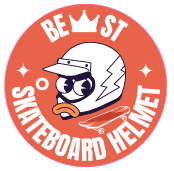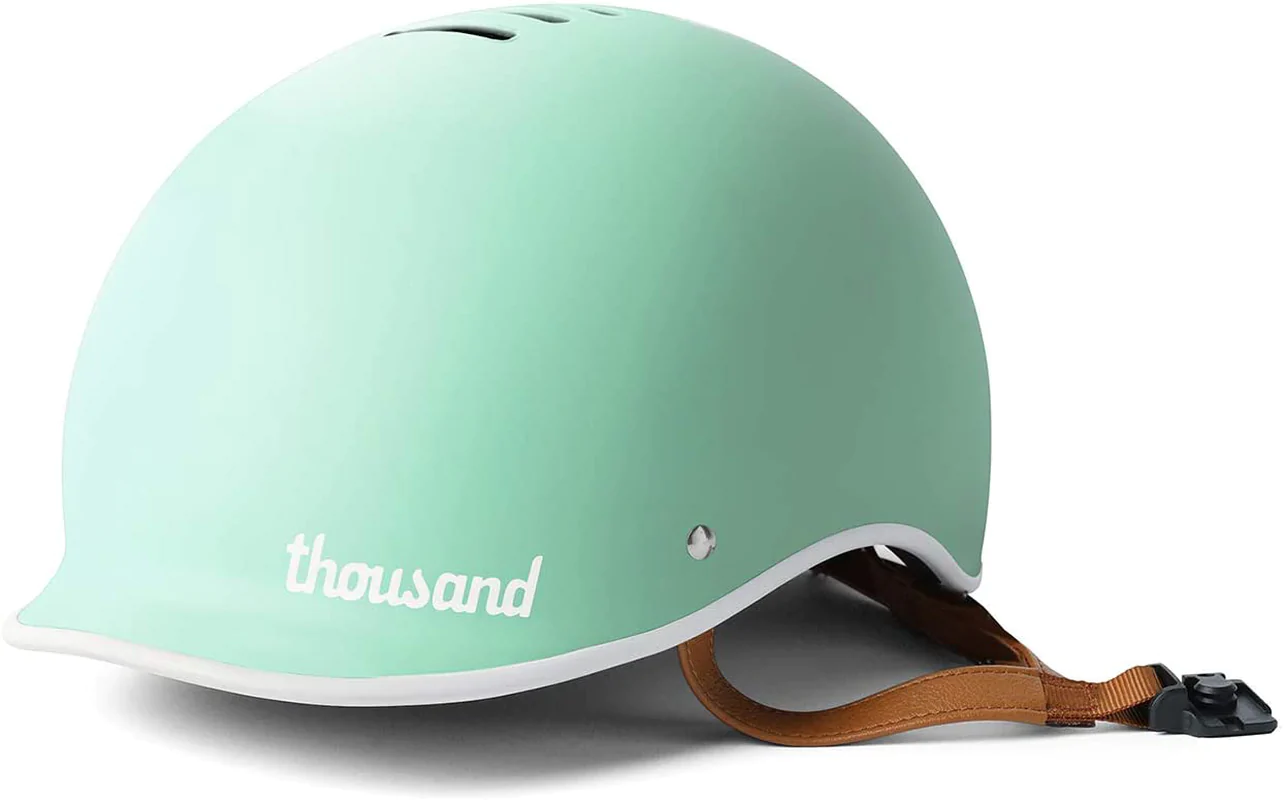Skateboard Helmet Safety Certification | Ultimate Guide
One of the most important pieces of safety gear for skateboarding is a helmet. A properly fitting, the certified helmet can help protect your head from serious injury in the event of a fall.
Our skateboard helmet manufacturer makes helmets that fit skateboard riding, skating, and more. Our skateboard Helmet products have been designed in a manner that reduces the potential for injury caused by skateboards accident.
There are many different skateboard helmets available on the market. It can be difficult to determine which one is right for your needs. In this article, we will provide a comprehensive guide to skateboard helmet Safety certification standards.
We will discuss the different types of Safety certification available and what each one means for you as a consumer. We will also provide tips on how to choose the best skateboard helmet for your needs. Let’s get started!
is a great way to ensure that you’re wearing a safe skateboarding helmet.
What does it mean when a helmet is certified?
When a helmet is certified, it means that it has been tested to meet certain safety standards. For skateboard helmets, the current standard is ASTM F-1492. This standard includes tests for impact protection, penetration resistance, and retention system strength.
Why should I wear a certified skateboard helmet?
The simple answer is that it could save your life. skateboard helmet certified to the current ASTM standard (F-1492) reduces the risk of head injury by up to 85% compared to not wearing a helmet at all.
How do I know which skateboard helmets are certified?
Most reputable brands will list the certifications on their website or on the helmet itself. You can also find certification information on the ASTM website.
Which skateboard helmet brands are certified?
All of the major skateboard helmet brands are certified, including Triple Eight, Pro-Tec, Bern, and TSG.
If you’re looking for a new skateboard helmet, be sure to check the certification information to make sure it meets the current safety standards.
Important Skateboard Helmet Safety Standards and Certifications:
There are three main types of skateboard helmet standards: ASTM, CPSC, and CE. Let’s take a closer look at each one.
Skateboard Helmet Safety Certifications:
ASTM Certification Safety Standards: ASTM International is a global organization that develops and publishes voluntary technical standards for a wide range of products, including skateboard helmets. ASTM skateboard helmet standards are voluntary, meaning that manufacturers are not required to comply with them. However, many manufacturers do choose to follow ASTM standards because they are widely recognized and provide a level of protection that consumers can trust.
CPSC Certification Safety Standards: The CPSC is the U.S. government agency responsible for developing safety standards for consumer products. CPSC skateboard helmet standards are mandatory, meaning that all manufacturers of skateboard helmets must comply with them. CPSC standards are based on extensive research and testing to ensure that they provide the highest level of protection possible.
CEN (European Standardization Organization): CE is a voluntary European standard for skateboard helmets. Many manufacturers choose to follow CE standards because they are widely recognized and provide a level of protection that consumers can trust.
Skateboard Helmet Other Certification:
In addition to the three main types of skateboard helmet certification, there are also a few other certifications that you may come across. These include the American National Standards Institute (ANSI) certification and the Snell Memorial Foundation (Snell) certification.
ANSI (American National Standards Institute): The ANSI is a private non-profit organization that develops voluntary standards for a variety of products, including skateboard helmets. ANSI skateboard helmet standards are voluntary, meaning that manufacturers are not required to comply with them. However, many manufacturers do choose to follow ANSI standards because they provide a level of protection that consumers can trust.
Snell Certification Safety Standards: The Snell Memorial Foundation is a private non-profit organization that develops voluntary safety standards for a variety of products, including skateboard helmets. Snell skateboard helmet standards are voluntary, meaning that manufacturers are not required to comply with them. However, many manufacturers do choose to follow Snell standards because they provide a high level of protection that consumers can trust.
CPSIA (Consumer Product Safety Improvement Act): The CPSIA is a U.S. federal law that sets safety standards for a variety of products, including skateboard helmets. CPSIA standards are mandatory, meaning that all manufacturers of skateboard helmets must comply with them. CPSIA standards are based on extensive research and testing to ensure that they provide the highest level of protection possible.
CSA (Canadian Standards Association): The CSA is a Canadian organization that develops voluntary standards for a variety of products, including skateboard helmets. Many manufacturers choose to follow CSA standards because they are widely recognized and provide a level of protection that consumers can trust.
NFHS (National Federation of State High School Associations): The NFHS is a U.S. organization that develops voluntary standards for a variety of products, including skateboard helmets. Many manufacturers choose to follow NFHS standards because they are widely recognized and provide a level of protection that consumers can trust.
NF (Narrow): The NF certification is a voluntary certification that is not required by law. However, many manufacturers choose to have their helmets certified by the NF because they provide a higher level of protection than non-certified helmets.
It is important to note that not all skateboard helmets are required to be certified by one of these organizations. However, many manufacturers choose to have their helmets certified by one or more of these organizations to provide consumers with the highest level of protection possible.
Now that you know a little bit about the different types of skateboard helmet standards, let’s discuss how to choose the best skateboard helmet for your needs.
When choosing a skateboard helmet, it is important to consider the following factors:
Level of protection: The first and most important factor to consider is the level of protection that you need. Skateboard helmets are available in a variety of different styles, each with its own unique level of protection. For example, full-face helmets offer the highest level of protection, followed by half-face helmets and then skateboard helmets.
Fit: The second factor to consider is fit. It is important to choose a skateboard helmet that fits snugly and comfortably on your head. A poorly fitting helmet can be uncomfortable to wear and may not provide the level of protection that you need.
Style: The third factor to consider is style. Skateboard helmets are available in a variety of different styles, from full-face helmets and half-face helmets. Choose the style that best suits your needs and preferences.
FAQ – Skateboard Helmet Safety Certification
Are helmets not required to be certified?
No, helmets are not required to be certified. However, many manufacturers choose to have their helmets certified by one or more organizations to provide consumers with the highest level of protection possible.
Does certification guarantee that a helmet will protect me?
No, certification does not guarantee that a helmet will protect you. However, it does provide you with the assurance that the helmet has been designed and manufactured to meet certain safety standards.
I’m looking for a skateboard helmet. How do I know if it is certified?
The best way to determine if a skateboard helmet is certified is to check the label. Most helmets that are certified will have a label from the certifying organization. If you cannot find a label, you can also check the manufacturer’s website or contact the customer service department to inquire about certification.
What are the benefits of wearing a certified skateboard helmet?
There are many benefits of wearing a certified skateboard helmet, including the assurance that the helmet has been designed and manufactured to meet certain safety standards. Wearing a certified helmet can also help to increase your chances of surviving a serious head injury in the event of a fall or collision.
What are the penalties for not wearing a certified skateboard helmet?
There are no penalties for not wearing a certified skateboard helmet. However, you are putting yourself at risk of serious injury or death if you do not wear a helmet when skating. Additionally, your insurance company may refuse to pay out if you are involved in an accident and are not wearing a helmet.
What is the difference between a certified skateboard helmet and a non-certified skateboard helmet?
A certified skateboard helmet has been designed and manufactured to meet certain safety standards. A non-certified skateboard helmet has not been through the same safety testing and does not offer the same level of protection. Additionally, certified helmets usually have a label from the certifying organization, while non-certified helmets do not.
Conclusion: Skateboard helmets are a huge part of your safety. Knowing their rules and regulations is an important step to safety. Skateboard helmets are designed to protect against head injuries, so they’re a must-have for any skater.

